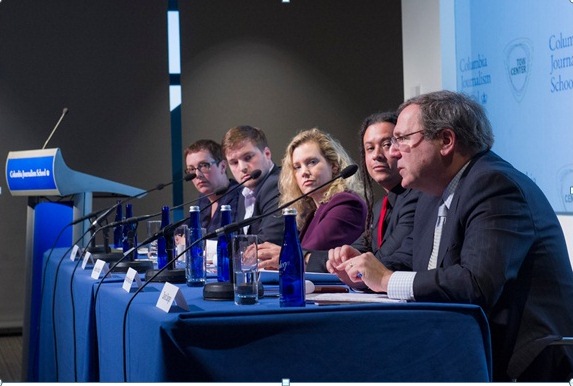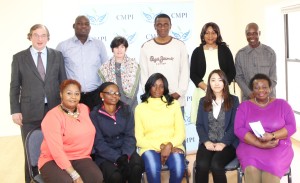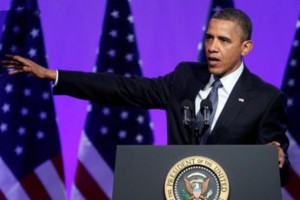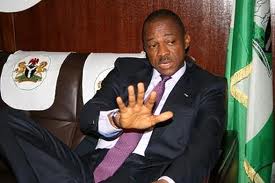MANY JOURNALISTS will say that being well informed is the key. Nowadays, when a question arises, most of you will turn to the Internet and Google. But the Internet is so huge and full of information that it is hard to know what the truth is and what the complete rubbish is.
For the most part, media and information literacy concepts are applied to children from kindergarten to the last year of school. The term itself suggests that a person is both able to use various technical devices to access and create information as well as critically assess it.
The results of a study made by Nanyang Technological University at Singapore about media literacy and youth shows that students of the age 13 and up are using new media more for entertainment and communication purposes. UNESCO has created five media literacy skills: access and selection of sources, critical reading, expression and production, appropriation and participation. Most concerns talk about the lack of critical reading of media; however, students are also informed about the online dangers and legal guidelines.
Media and information literacy concepts become even more important when looking at statistics about children and technology. For example, a recent study of Pew Research Centre shows that 92% of children and youth spend some time at the Internet at least once a day. 24% of them said that they are constantly online.
It is important to start to educate children about media literacy to improve its quality. The principal research associate of UNESCO-UNEVOC, Tapio Varis, says that Finland already has media literacy education in schools. It isn’t a separate subject, but is included in other subjects such as native language. Even local media are often taking part in educating not only children, but teachers too. “Media literacy is the outcome of media education, so media education actually leads to media literacy,” Tapio Varis admits.

One of the topics discussed at the World Press Freedom Days (WPFD) in Riga is the informational war between Russia and the Western world and how to fight it. Tapio Varis maintained that media literacy is the best solution to informational war and propaganda, yet he remarks that this is “a military concepts,” but “media literacy is more than military or power.” Media literacy does deal with propaganda, but it also deals with everyday things, for example, innocent entertainment.
“It is a counteraction. I am defending media literacy as a civil way; it’s not a military way. I am not preparing people to be soldiers. I am preparing them to be active, critical citizens, citizens who are able to question and see beyond propaganda,” Varis says.
During the session about media literacy, speakers discussed various forms of media literacy and came to a conclusion that media and information literacy is not a thing to put in one box, because it’s made of various literacies – digital, information, critical and many others.
In a remark at the end of the session, Mihaela Banek Zorica, professor at the University of Zagreb in Croatia, refers to “The Lord of The Rings” book saying “there is no ring to rule them all,” summing up the whole session. Since it’s such a difficult concept, a thing everyone sees very differently maybe the best way isn’t to make a separate subject of it, but integrate it into the whole education system.
“It is very important from a democratic perspective to learn how you can use media and to understand what propaganda is,” says Ulla Carlsson, professor Chair of the Nordic Information Centre for Media and Communication Research at the University of Gothenburg, Sweden.
“Journalists have to be aware of the whole spectrum of life,” Tapio Varis says when asked about what journalists can do about media literacy. They have to be flexible and compassionate, never stop evolving and keep their values high.
CMPI launches Youth Media Project






